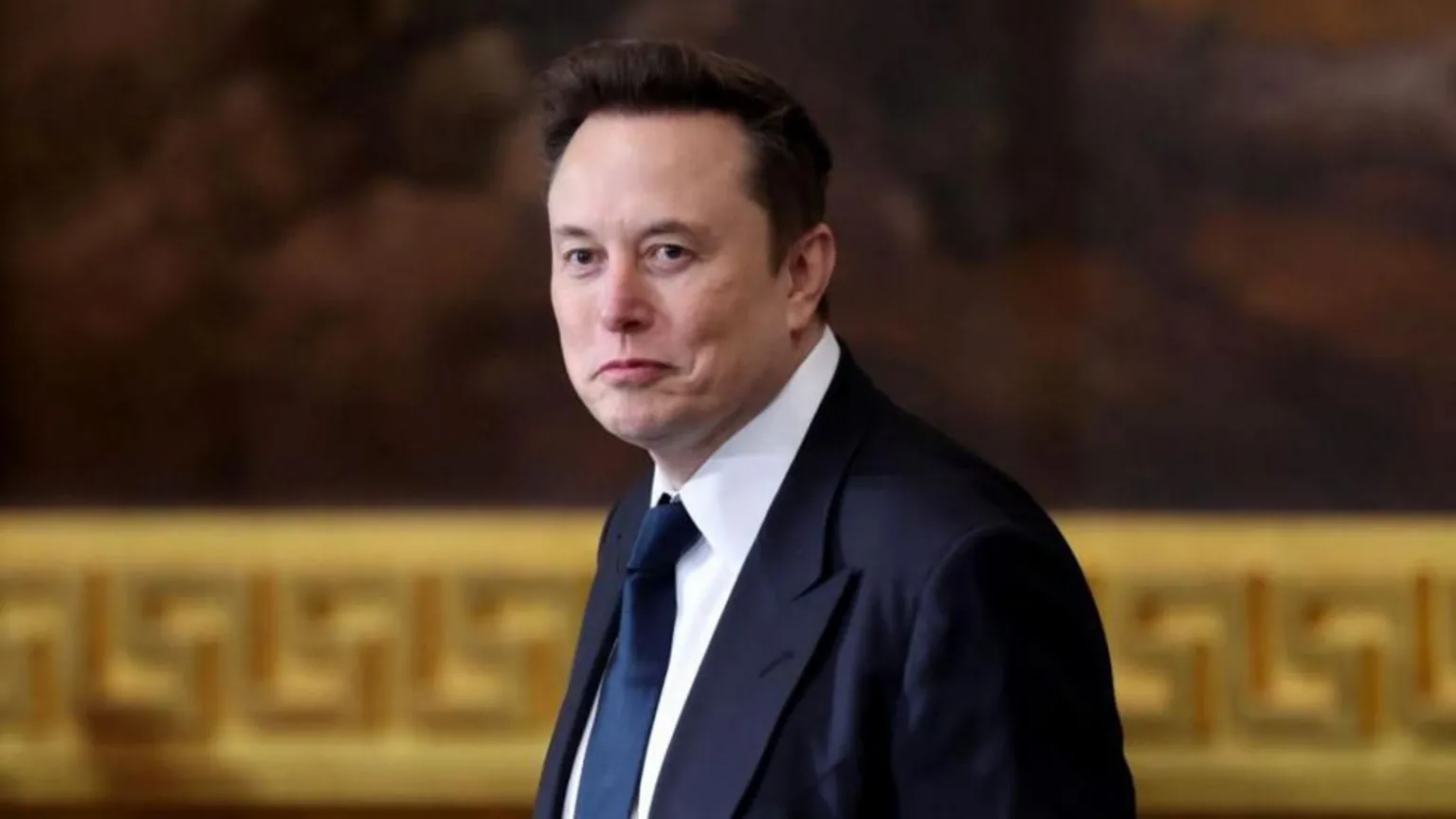Economic Crisis in France Goes Beyond Its Overspending Problem
Date: September 8, 2025
Introduction
The economic crisis in France is making global headlines, often attributed to the government’s chronic overspending. However, experts argue that France’s financial struggles go far deeper than budget deficits. From structural weaknesses in its labor market to political unrest and global economic pressures, the challenges facing the French economy cannot be explained by overspending alone.
The Overspending Narrative
France has long been criticized for its high levels of public spending, accounting for nearly 60% of GDP — one of the highest ratios in the European Union. While this spending supports welfare, pensions, and public services, it also results in growing national debt. Still, reducing the crisis to an “overspending problem” oversimplifies the issue.
Structural Challenges in the French Economy
- Rigid labor market: Strict labor laws and high unemployment rates among young people have slowed economic growth.
- Industrial decline: Once a powerhouse in manufacturing, France has seen a steady erosion of industrial competitiveness.
- Dependence on welfare systems: While socially supportive, France’s welfare model puts a heavy burden on state finances.
Global and European Pressures
France’s economic troubles are also shaped by external factors. The European Union’s monetary policies, rising global inflation, energy price shocks, and supply chain disruptions have further weakened the French economy. Additionally, competition from emerging markets has made it difficult for French industries to maintain global market share.
Political and Social Instability
The French economy is not only an economic issue but also a political one. Frequent protests, strikes, and unrest — from pension reform demonstrations to labor disputes — have disrupted productivity and deterred foreign investment. Political instability often amplifies economic uncertainty.
Looking Ahead: Can France Rebound?
For France to overcome its crisis, reforms need to address not just budgetary discipline but also deeper structural inefficiencies. Strengthening the labor market, fostering innovation, and balancing social welfare with economic growth are key to long-term recovery. The path forward will require tough political decisions and sustainable strategies that go beyond cutting expenses.





